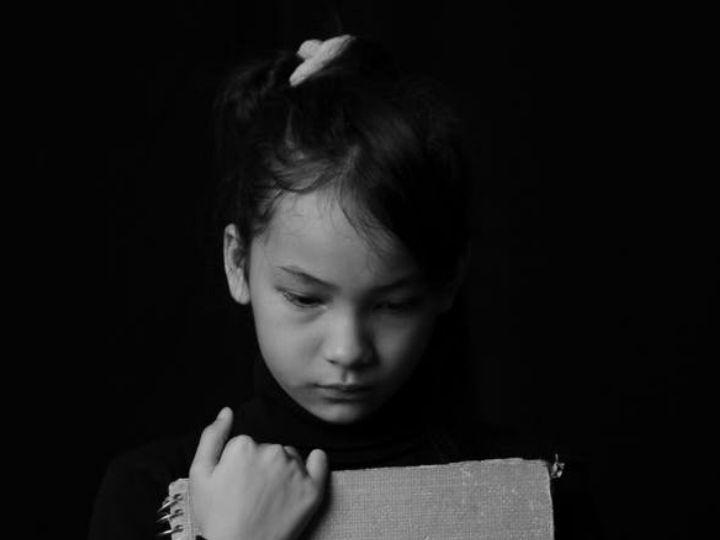

Hispanic/Latinx youth have had their say: Staying at home during the pandemic has had a tremendous impact on their mental health and well-being, and has revealed hardships for young people. The new study, published in Child and Youth Care Forum, is the first to directly examine the experiences and perspectives of children and young adolescents from racial and ethnic minority groups in the U.S., despite being exposed to more adversity, which may affect coping with the many challenges posed by the pandemic.
"It really seems like family time is the key," said University of Houston Professor of Psychology Carla Sharp, principal investigator on the project and director of the Developmental Psychopathology Lab at UH. "Our findings suggest that cultural factors (e.g., collectivism and familism) in Hispanic communities may offer important buffering during COVID-19."
Seven themes were identified concerning the impact of COVID-19, centering around the impact of racism, loss of income, the role of community and family in coping with stress, information overload, home-schooling, loneliness and boredom, and lack of structured routines.
The new study, including qualitative interviews, is a follow-up to a previous quantitative paper issued in April which concluded that for youths with elevated levels of mental health problems before the pandemic, symptoms were significantly reduced across domains during the pandemic due to the increased time spent with families.
"Future research studies evaluating the implementation of structured programs that provide a space to talk about emotions and thoughts related to the impact of the pandemic and training in strategies to cope with distress during mandatory home-schooling are needed," said Laura Cortes, former postdoctoral student in Sharp's lab.
Youths are thought to be more vulnerable to mental health problems during the pandemic, because many mental health disorders begin during childhood and adolescence. Already negatively affected by health disparities, which have been exacerbated further by the pandemic, youths from racial and ethnic minority groups are also thought to be at heightened risk for experiencing adverse mental health consequences related to COVID-19.
"In particular, young adolescents may have an exacerbated risk of mental health concerns related to the pandemic, due to the combination of pubertal development and social reorientation during the early adolescent period (beginning at age 10 years), combined with social deprivation from peers because of social distancing," said Jessica Hernandez Ortiz, a graduate student who coordinated the study.
Roughly 17 study participants, aged 10-14, transitioning from middle childhood to adolescence, were interviewed.
"It is well known that this developmental period involves multiple biopsychosocial changes, and, therefore, individuals during this period are more susceptible to develop various mental health problems," reports Sharp. "Such adverse effects might be even worse among those who are already marginalized and have faced significant stressors in their pre-pandemic lives and for that reason, these youths are at a greater disadvantage in coping with the many challenges posed by the pandemic."
"Given that the pandemic will likely continue to persist for many months, if not years, it is crucial to identify risk and protective factors to inform prevention and intervention efforts that mitigate its detrimental impact among at-risk children and adolescents in the United States," said Sharp.
"A better understanding of the experience of the pandemic as perceived by youth themselves would potentially contribute to the development of prevention and intervention strategies for related abrupt disruptions of normal routines," she added.






